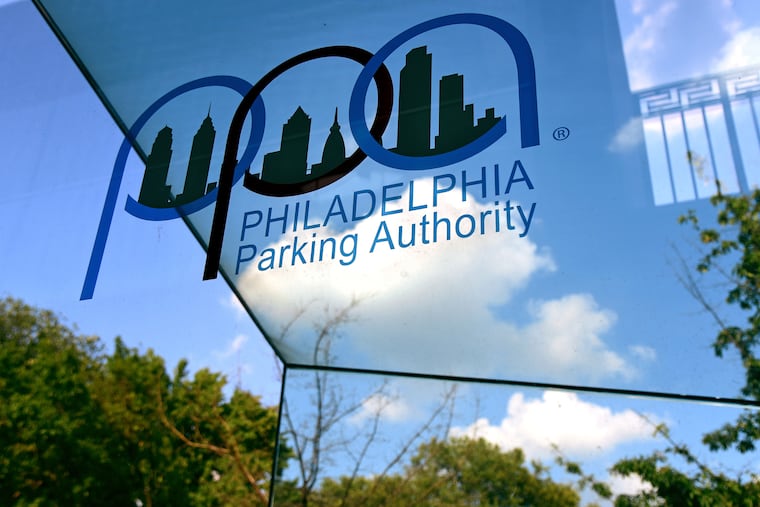For Philly’s parking agency, recent leadership changes may mean new possibilities | Editorial
The parking authority might never be Philadelphia’s favorite public agency, but its latest moves are refreshing.

Last week, Philadelphians saw a series of moves to increase urban quality of life and fight public corruption from what might have seemed an unlikely source — the oft-maligned Philadelphia Parking Authority.
For years, the parking authority has been a source of consternation in the city. Beyond relatively mundane complaints about ticketing, the authority has in the past failed at its responsibility to prevent sexual harassment within the agency, fallen short on providing promised funding for public schools, and solidified a reputation as a patronage haven — an audit released last year by the city controller found that nearly a quarter of the agency’s workforce was made up of people who either held political positions or lived with someone who did.
» READ MORE: The PPA has a new Chair, considers combatting patronage
That’s what made a series of proposals announced last week so surprising. The agency is going to begin testing a pilot program designed to keep cars from parking in the city’s bike lanes, a practice that puts riders in danger. In a city where advocates for pedestrians, cyclists, and public transit riders often end up disappointed, the agency’s initiative is refreshing.
Also proposed, but yet to be adopted, is a plan to combat patronage at the agency by bringing the authority’s ethics codes in line with those of city employees, which would help restrict the co-mingling of agency decisions and political priorities.
» READ MORE: Republicans fight to maintain control of PPA
These proposals are the result of changes at the authority’s board. Longtime Chairman Joseph Ashdale was replaced, and now half of the board is made up of recent appointees. The infusion of new blood seems to have created a range of possibilities. And one of the most compelling moves has come at the top: Beth Grossman, a former prosecutor whom this Board has previously endorsed for public office, was named chair of the agency earlier this month.
While parking and ticketing can certainly be a frustrating experience for motorists, managing traffic flow and car volume in urban settings is an important challenge — and one that Philadelphia has struggled with. During the 1950s and ‘60s, a push to create more parking in Center City led to the demolition of whole blocks of Colonial, Federal and Victorian architecture. Beyond making the city a less aesthetically pleasing place to live and work, the destruction of those buildings also represented lost homes and ruined livelihoods.
Today, neighborhoods struggle with such issues as sidewalk parking, blocked crosswalks and new demand for spaces thanks to the city’s population growth. Increasingly, economists like UCLA’s Donald Shoup have cited the “high cost of free parking” as a drag on urban economies.
Parking management can be part of the solution, but the authority’s reputation for patronage means that many residents still struggle to believe that ticketing and enforcement in the city is little more than a racket.
The parking authority might not ever earn a place as everyone’s favorite public agency, but if the new board manages to make the reforms that the agency needs, it can play a more productive role going forward.